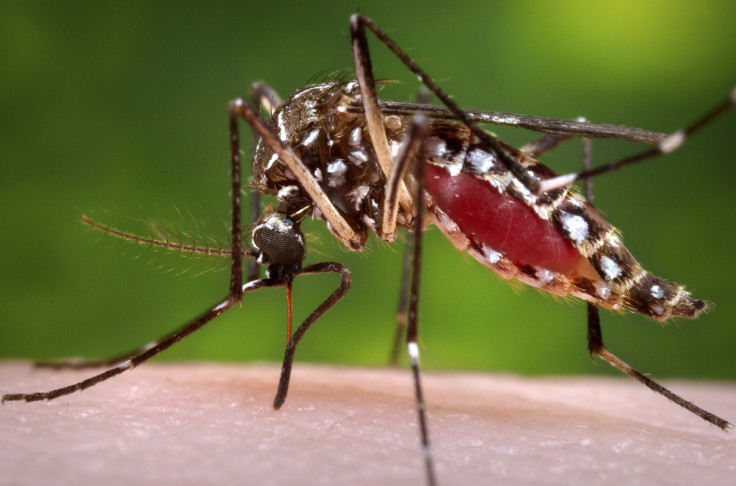Prediction Alert: Dengue Epidemic Likely To Be More Severe In South-East Asian Countries In 2016

Epidemic associated with dengue virus in the Southeast Asia is related to the temperature rise because of the El Nino effect, suggests a latest study conducted by an international research team led by University of Pittsburgh.
The team based their conclusion on the analysis of the continental-scale patterns of dengue affecting eight Southeast Asian countries between 1997 and 1998. The period also marked the occurrence of an intense El Nino effect across the region.
Medical News Today defines the El Nino effect as a periodic weather phenomenon that coincides with warmer sea surface temperatures across parts of the equatorial Pacific.
According to the analysis of the research team comprising experts from over 18 global institutions, the strongest version of the El Nino effect in the past 20 years is currently developing in the Pacific. Therefore, the researchers have warned against an upsurge in the number of dengue cases across southeast Asia in early 2016.
The researchers are hopeful that the early prediction and the research findings will help reduce the impact of the epidemic.
"During years of large incidence, the number of people requiring hospitalization and care can overwhelm health systems. If we can understand the factors that contribute to these increases, we can prepare for them and act to mitigate the impact of the disease," said senior study author Derek Cummings of the Emerging Pathogens Institute at the University of Florida.
In addition to linking the temperature increase to the increased rates of dengue in the tropics, the researchers also discovered that the urban areas in such regions act as a "pacemaker" in spreading the disease to the rural areas.
The complete analysis has been published in Proceedings of the National Academy of Sciences.
© Copyright IBTimes 2025. All rights reserved.




















